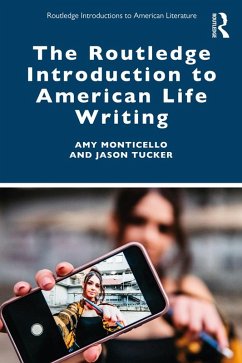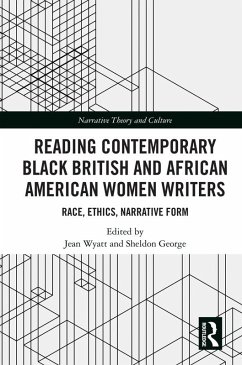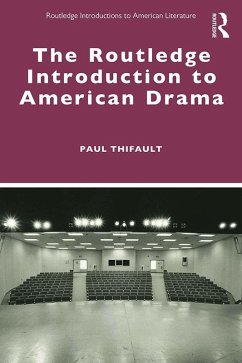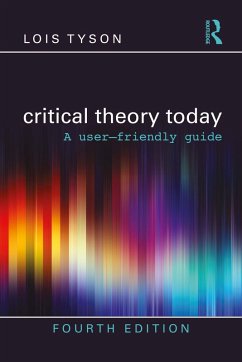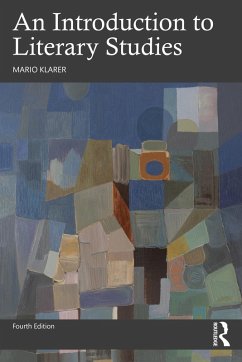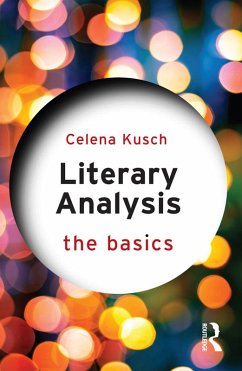
The Routledge Introduction to African American Literature (eBook, PDF)
Versandkostenfrei!
Sofort per Download lieferbar
37,95 €
inkl. MwSt.
Weitere Ausgaben:

PAYBACK Punkte
19 °P sammeln!
The Routledge Introduction to African American Literature considers the key literary, political, historical and intellectual contexts of African American literature from its origins to the present, and also provides students with an analysis of the most up-to-date literary trends and debates in African American literature. This accessible and engaging guide covers a variety of essential topics such as: Vernacular, Oral, and Blues Traditions in Literature Slave Narratives and Their Influence The Harlem Renaissance Mid-twentieth century black American Literature Literature of the civil rights an...
The Routledge Introduction to African American Literature considers the key literary, political, historical and intellectual contexts of African American literature from its origins to the present, and also provides students with an analysis of the most up-to-date literary trends and debates in African American literature. This accessible and engaging guide covers a variety of essential topics such as:
Examining the relationship between the literature and its historical and sociopolitical contexts, D. Quentin Miller covers key authors and works as well as less canonical writers and themes, including literature and music, female authors, intersectionality and transnational black writing.
- Vernacular, Oral, and Blues Traditions in Literature
- Slave Narratives and Their Influence
- The Harlem Renaissance
- Mid-twentieth century black American Literature
- Literature of the civil rights and Black Power era
- Contemporary African American Writing
- Key thematic and theoretical debates within the field
Examining the relationship between the literature and its historical and sociopolitical contexts, D. Quentin Miller covers key authors and works as well as less canonical writers and themes, including literature and music, female authors, intersectionality and transnational black writing.
Dieser Download kann aus rechtlichen Gründen nur mit Rechnungsadresse in A, B, BG, CY, CZ, D, DK, EW, E, FIN, F, GR, HR, H, IRL, I, LT, L, LR, M, NL, PL, P, R, S, SLO, SK ausgeliefert werden.






